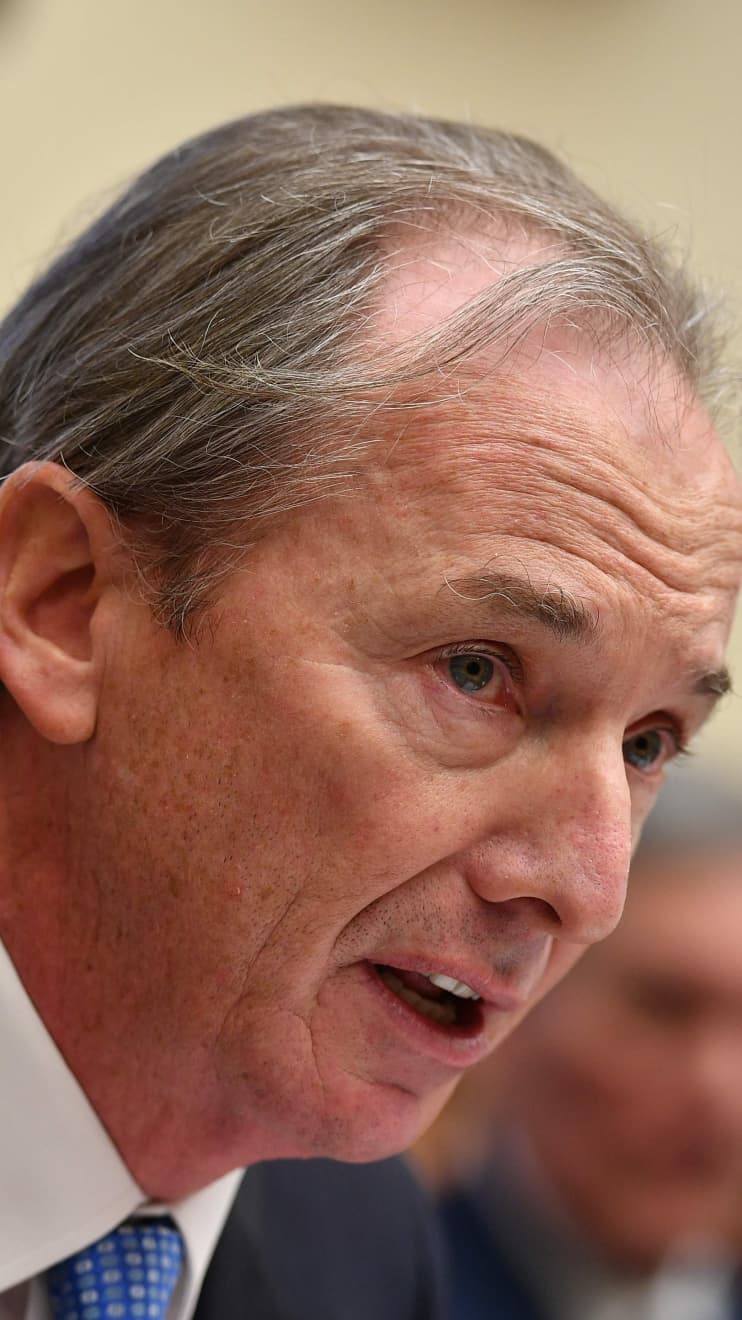Within Goldman Sachs’s and JPMorgan’s New York City–based operations, there is a percolating awareness of a rising positive COVID-19 rate among employees and increased rumbling that they would like their banks’ leadership to follow the lead of Citi and Morgan Stanley and say with clarity that they should just stay home and stay safe, particularly as a particularly contagious variant, omicron, gains a foothold.
With increasingly alarming rates of contagion becoming apparent in the New York metro area, and beyond, the walk back toward a work-from-home, or WFH, approach by Morgan Stanley MS, +0.87% CEO James Gorman this week did not come out of the blue. Citigroup CEO Jane Fraser has also been known as a WFH proponent.
Last March, Citi C, +1.38%, under Fraser, became arguably the first major bank to embrace office flexibility.
On Thursday, Citi told New York–area employees in a memo that, “Given the current situation, if you’re able to work from home now through the holidays, please feel free to speak to your manager about doing so.”
The memo went on to read: “Like all of you, we hoped that Covid would be behind us by now, but greatly appreciate your adaptability, support for your colleagues and continued adherence to our safety measures.”
Earlier this week, Morgan Stanley’s Gorman told the business-news channel CNBC that he “was wrong” in promoting a return to the office.
“I thought we would have been out of it past Labor Day, and we’re not,” Gorman said in the interview. “I think we’ll still be in it through most of next year.”
“Everybody’s still finding their way, and then you get the omicron variant. Who knows, we’ll have pi, we’ll have theta and epsilon, and we’ll eventually run out of letters of the alphabet. It’s continuing to be an issue.”
Now the pressure is on two other big New York–based banking CEOs to say something publicly to their own staffs.
“It’s everywhere, and you hear about more cases every few hours,” said one employee at JPMorgan JPM, +1.56%. “I’m boosted, but I’m still probably going to get it, which would suck for Christmas.”
Both JPMorgan CEO Jamie Dimon and Goldman Sachs Group Inc.’s GS, +1.91% David Solomon have been outspoken for almost the duration of the pandemic about wanting as many people as possible coming in to the office.
This has created a dynamic inside both banks that the option to work remotely was more of an “option,” in quotation marks, and that those who didn’t return at least part-time to in-person work could suffer for it professionally.
“I think anyone who’s vaccinated is freaking out for no reason, and I’m going to keep coming in, but, no, it’s not a positive vibe,” said one Goldman insider when asked about the morale in downtown Manhattan. “It also depends on what you do. It’s year-end time, and not everyone can do their job from the basement, you know?”
Spokespeople for Goldman Sachs and JPMorgan did not comment when asked whether any official updates to WFH policies existed for the holiday season.
One Morgan Stanley insider said the bank is not expecting people to come in to the office much during the holidays. As some employees start returning to work early next year, others may decide to join them once a tipping point is reached, the person said.
While many businesses have announced plans to stick with hybrid or WFH arrangements when the coronavirus pandemic does subside, fewer banks on Wall Street have done so as a way to preserve the classic trading-room-floor dynamic.

James Gorman, shown testifying in 2019 before the House Financial Services Committee, tested positive for COVID-19 early in the pandemic but, according to a Morgan Stanley representative, had only mild symptoms.
mandel ngan/Agence France-Presse/Getty Images
Despite his softer tone, Gorman said that most Morgan Stanley employees have been back at the firm’s New York headquarters. Some 65% of vaccinated employees have returned to the building, and 95% of employees have been vaccinated, he added.
Still, his latest remarks do mark a major shift from June, when Gorman told Morgan Stanley employees that they had better be back in the office by Labor Day or they’d face a pay cut.
